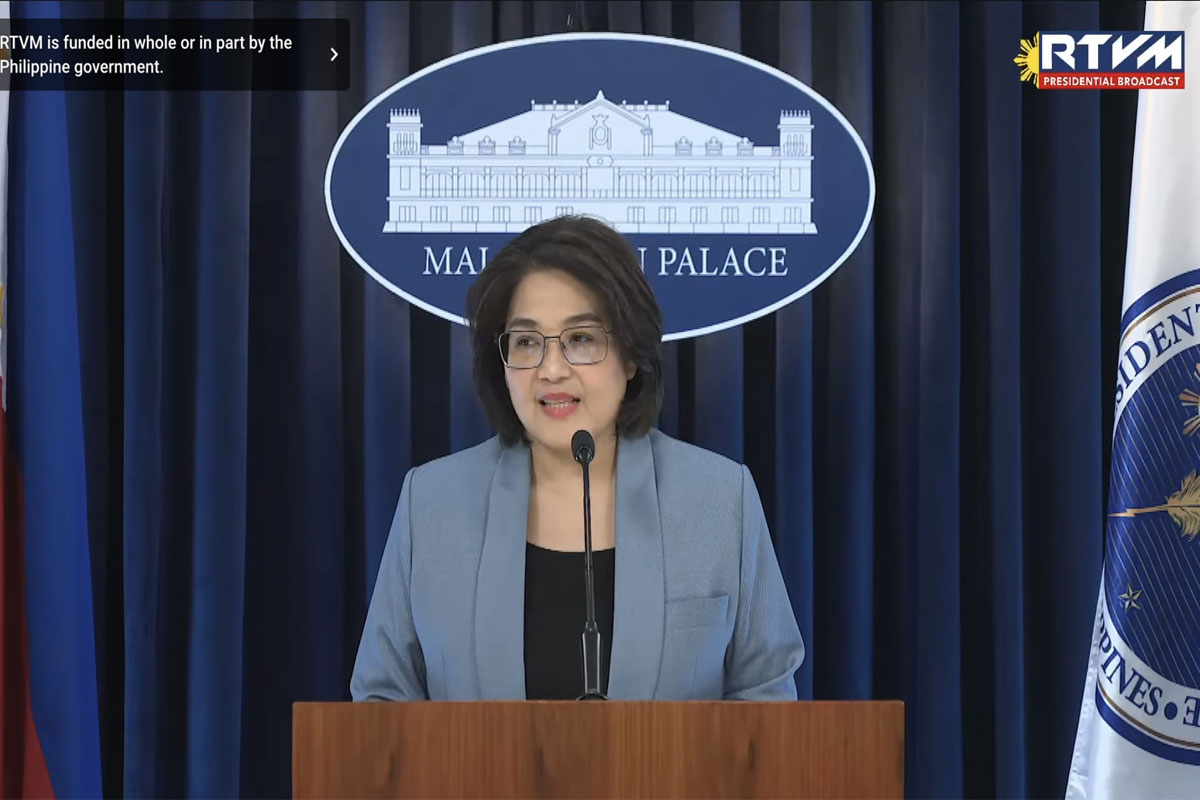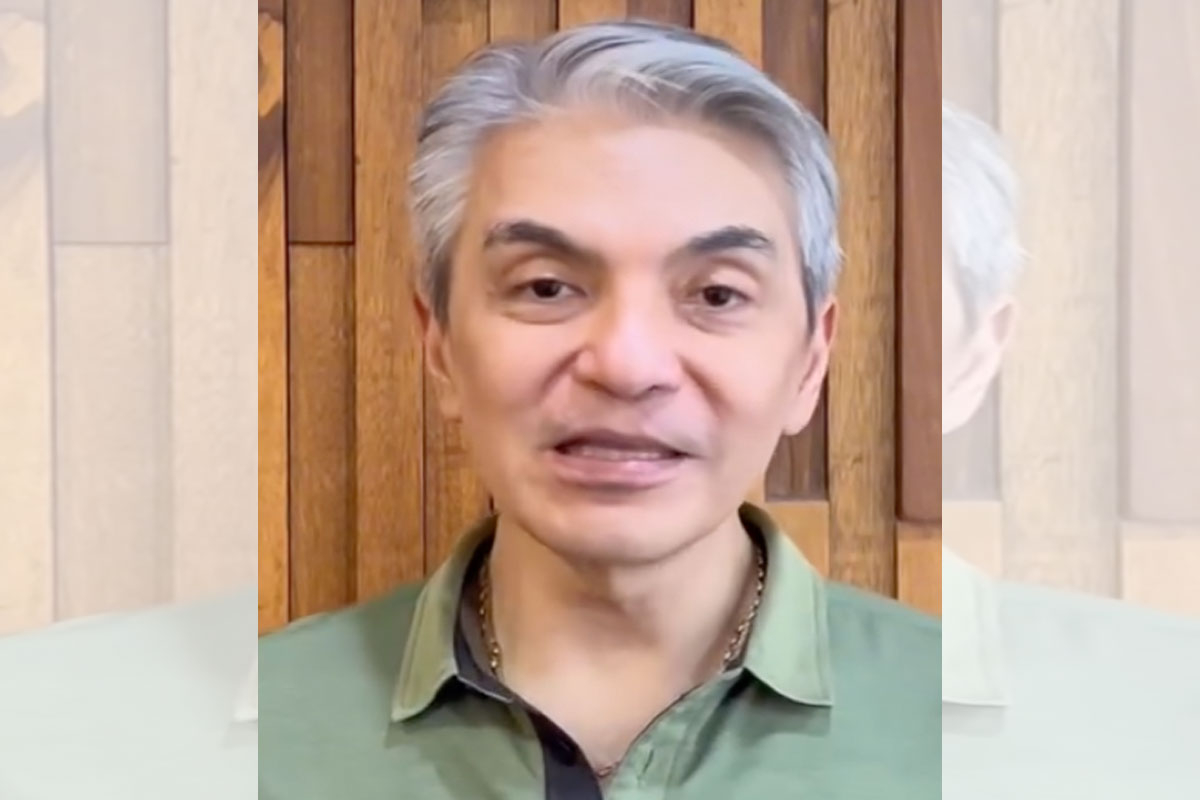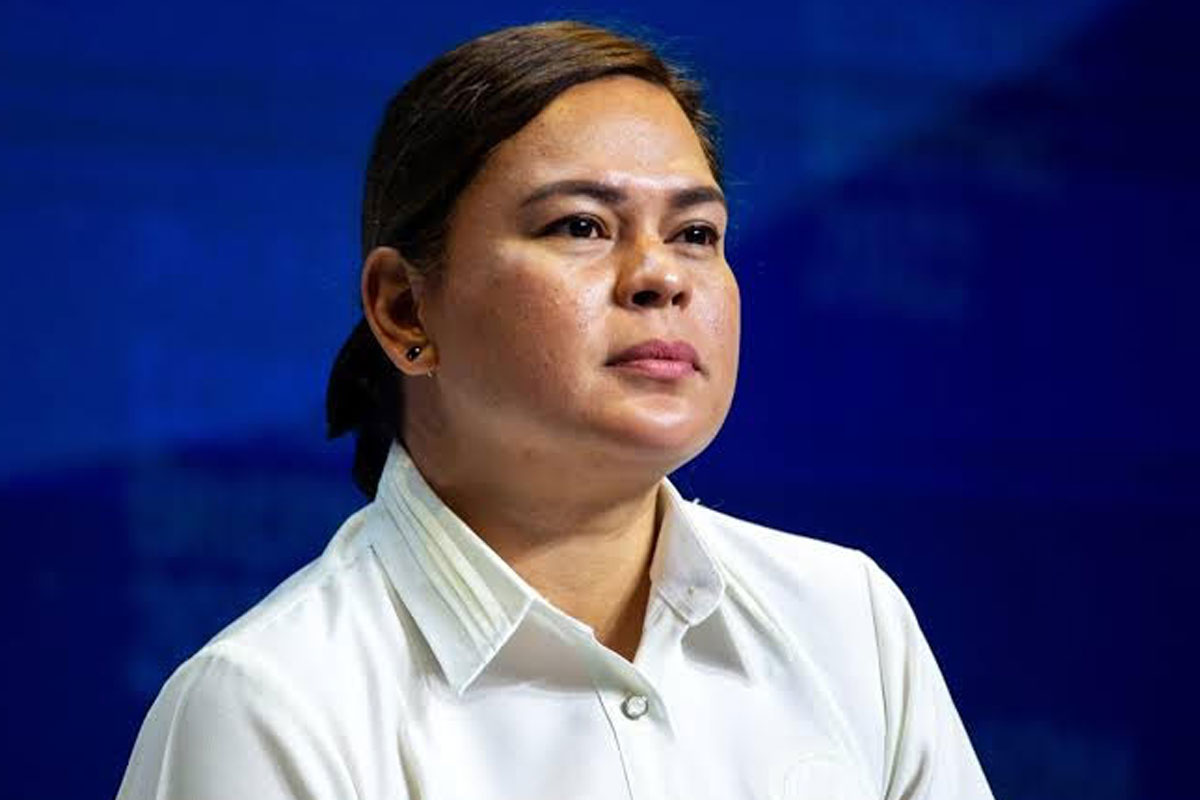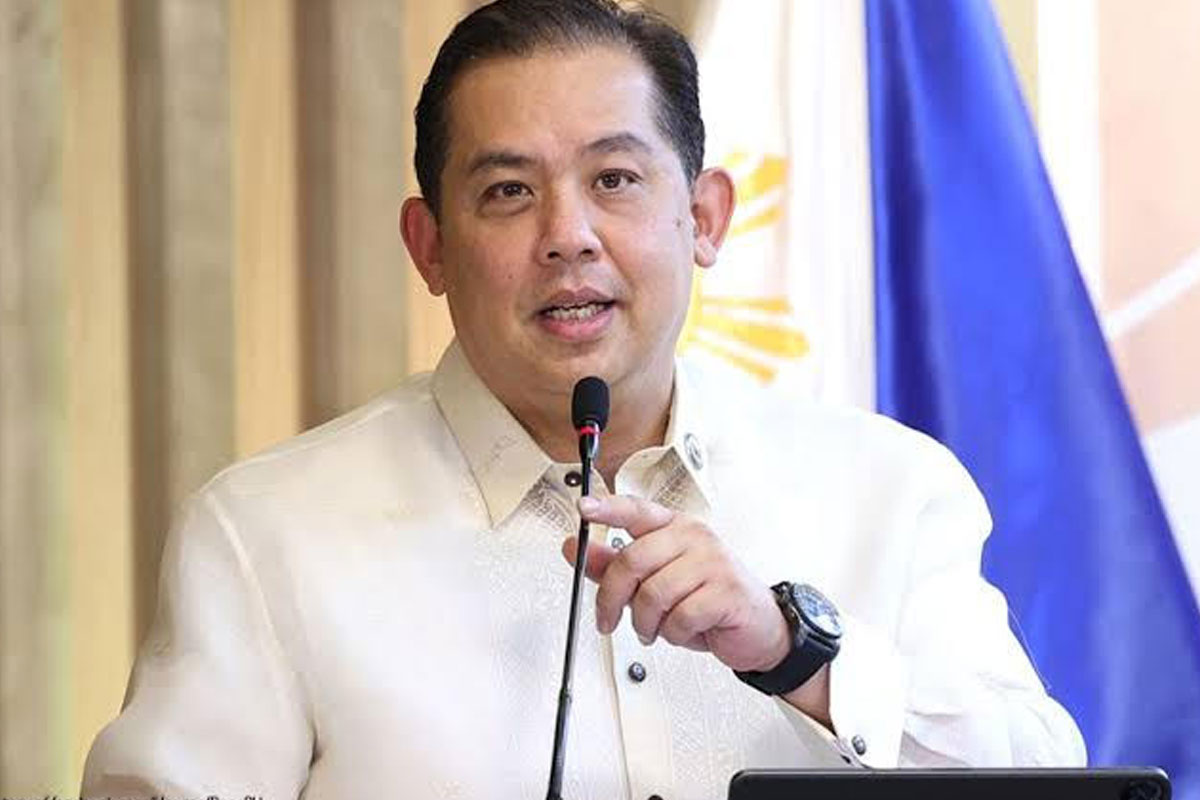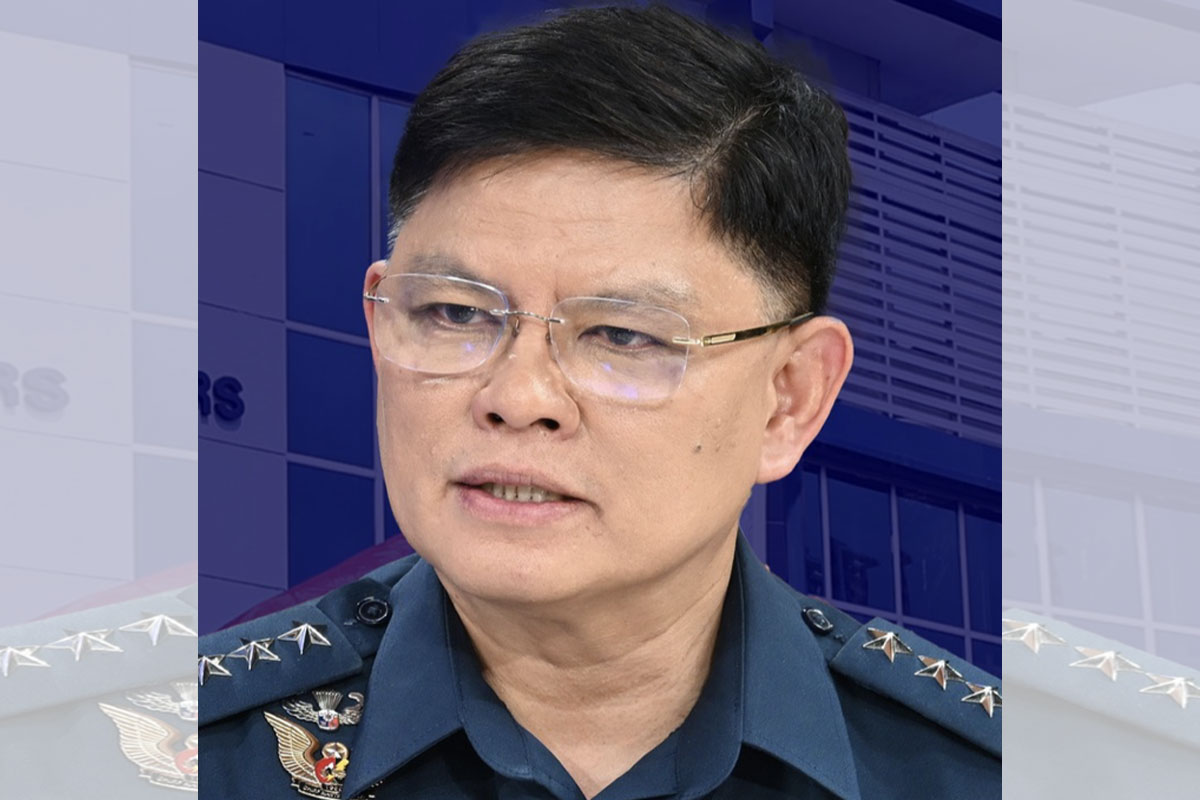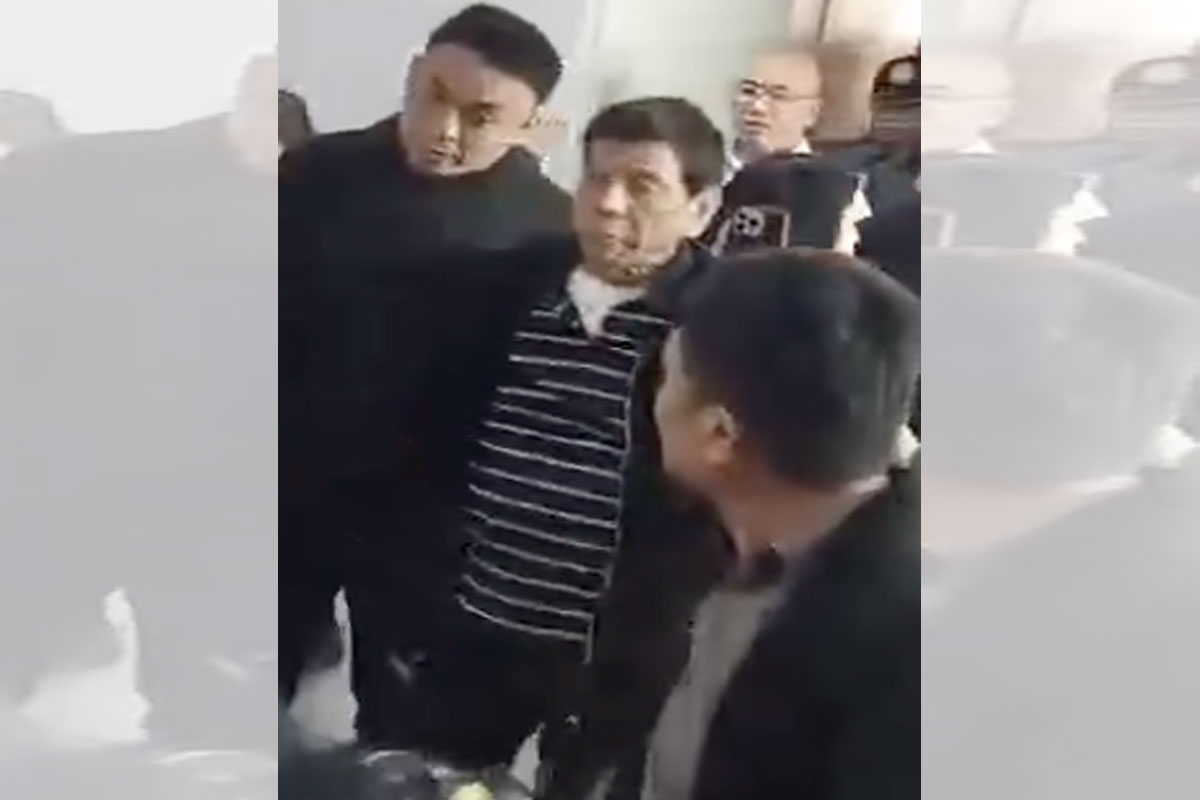
Arrest of FPRRD legal — law experts
FOUR Filipino legal experts have confirmed that the International Criminal Court’s (ICC) move to arrest former President Rodrigo R. Duterte for crimes against humanity is both lawful and warranted.
Four distinguished lawyers, including former Supreme Court Associate Justice Antonio Carpio, ICT Senior Associate Ruben Caranza, former ICC judge Raul Pangalangan, and human rights lawyer Ted Te, stated that the Philippines is adhering strictly to the procedures outlined in Republic Act No. 9851, also known as the “Philippine Act on Crimes Against International Humanitarian Law, Genocide, and Other Crimes Against Humanity.”
Duterte’s arrest complied with Article 17 of the Rome Statute, which allows the Philippines to directly surrender any individual to the ICC for prosecution for international crimes.
The four individuals who oppose the arrest of Duterte are former actor and current senator Robin Padilla, senator Ronaldo “Bato” Dela Rosa, vlogger Sass Sassot, and former aide to Duterte, now senator Bong Go. They argue that such an action violates human rights and that there is no justification for detaining Duterte.
Legal experts are puzzled about the basis on which Duterte’s fervent followers claim that his arrest is unlawful.
Atty. Joel Butuyan, a lawyer recognized by the International Criminal Court (ICC), also supported the notion that the arrest was legitimate according to Philippine laws, despite the Philippines’ withdrawal from ICC membership. Butuyan referred to RA 9851 as a “mirror image” of the Rome Statute, the treaty that founded the ICC.
The lawyers highlighted the essential aspects of Article 59 of the Rome Statute, indicating that the arrest process does not necessitate the consent of a domestic judicial body, as long as the identity of the accused is verified and their rights are protected.
“It is not necessary to go through a domestic judicial authority, provided that the core elements of Article 59 are met, specifically the identification of the accused and the respect for their rights,” Butuyan explained.
He emphasized that Duterte was made aware of his rights and had legal counsel present during the arrest.
“There is no requirement to present a physical warrant of arrest at the moment of arrest, as long as there is a valid warrant in existence, an arrest can be made,” he stated.
Butuyan further pointed out that the International Criminal Court (ICC) does not require physical warrants, as the institution functions entirely with electronic documentation, even during trials and proceedings.


